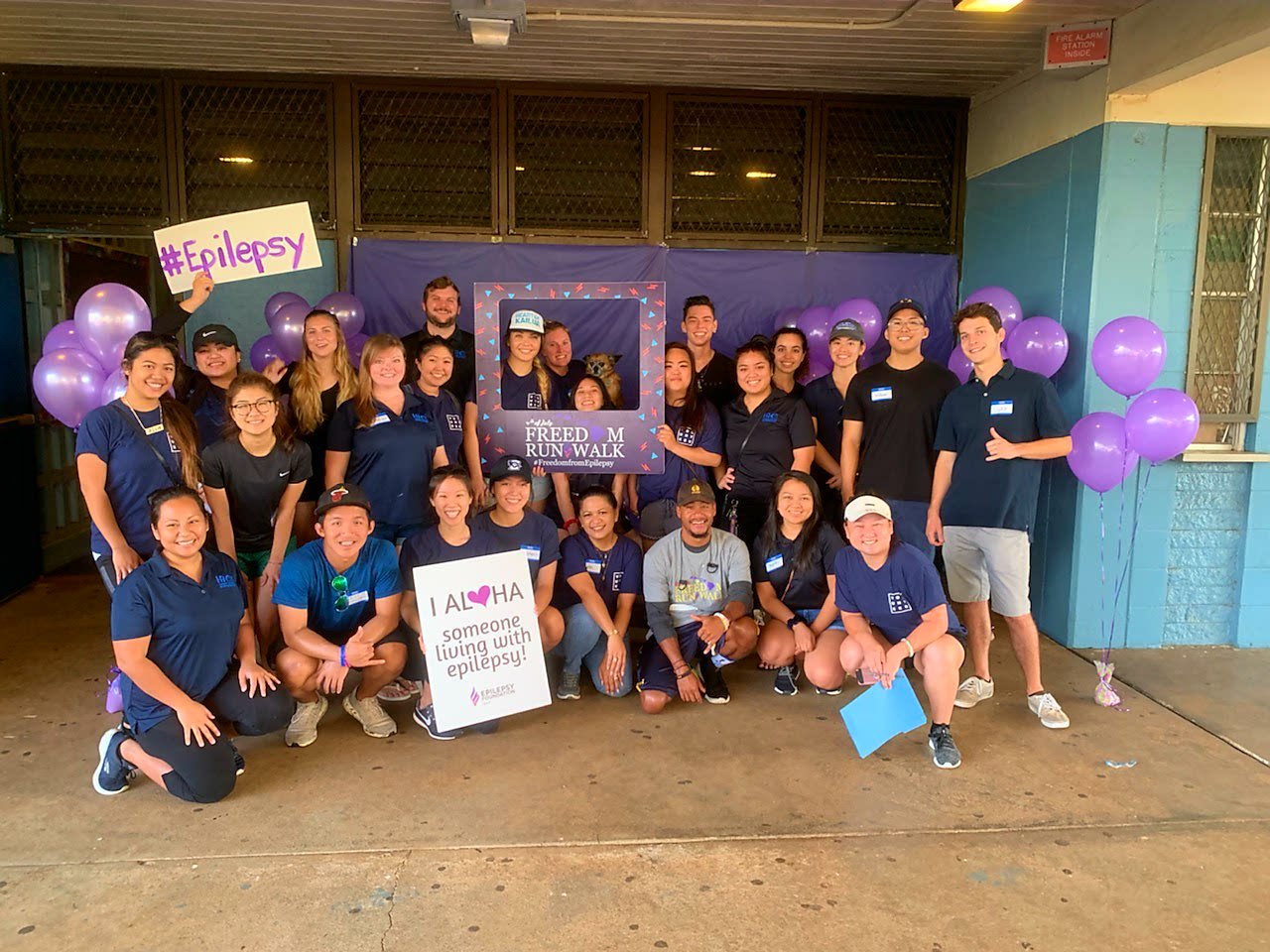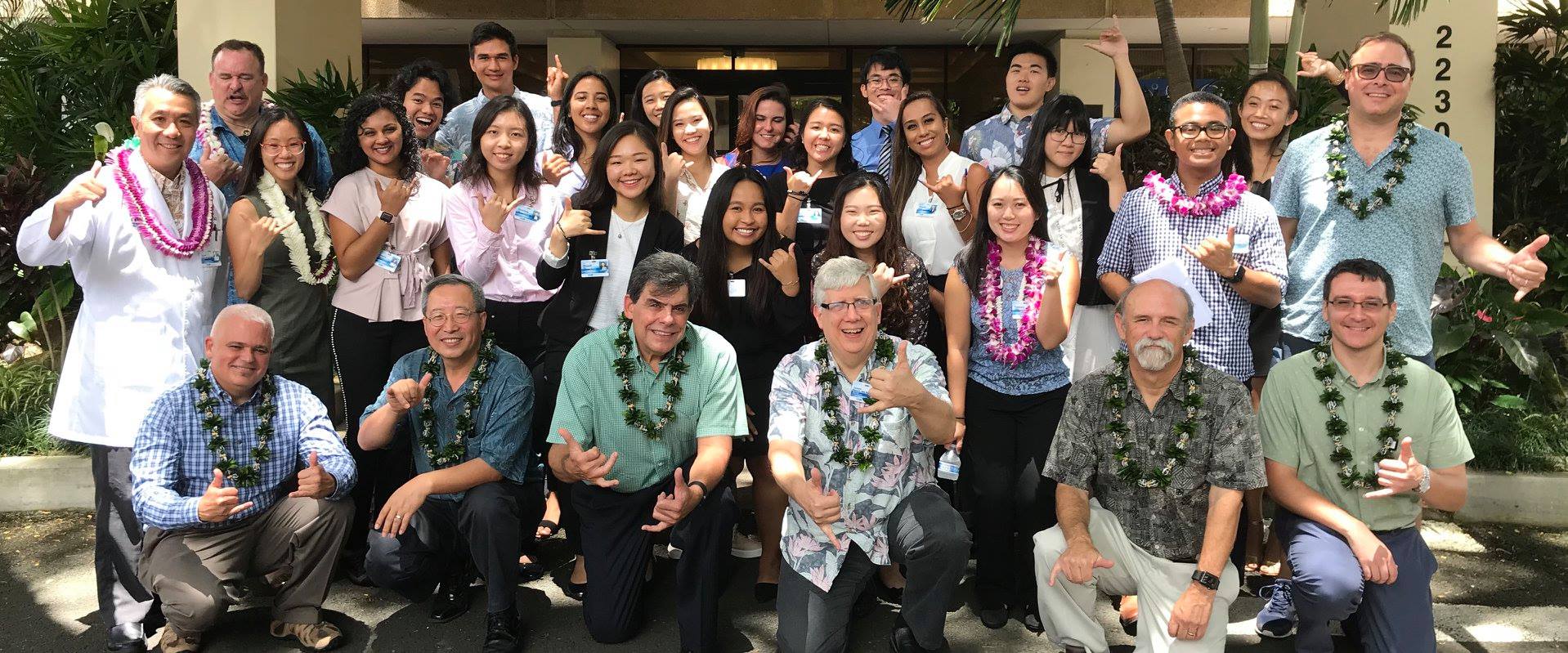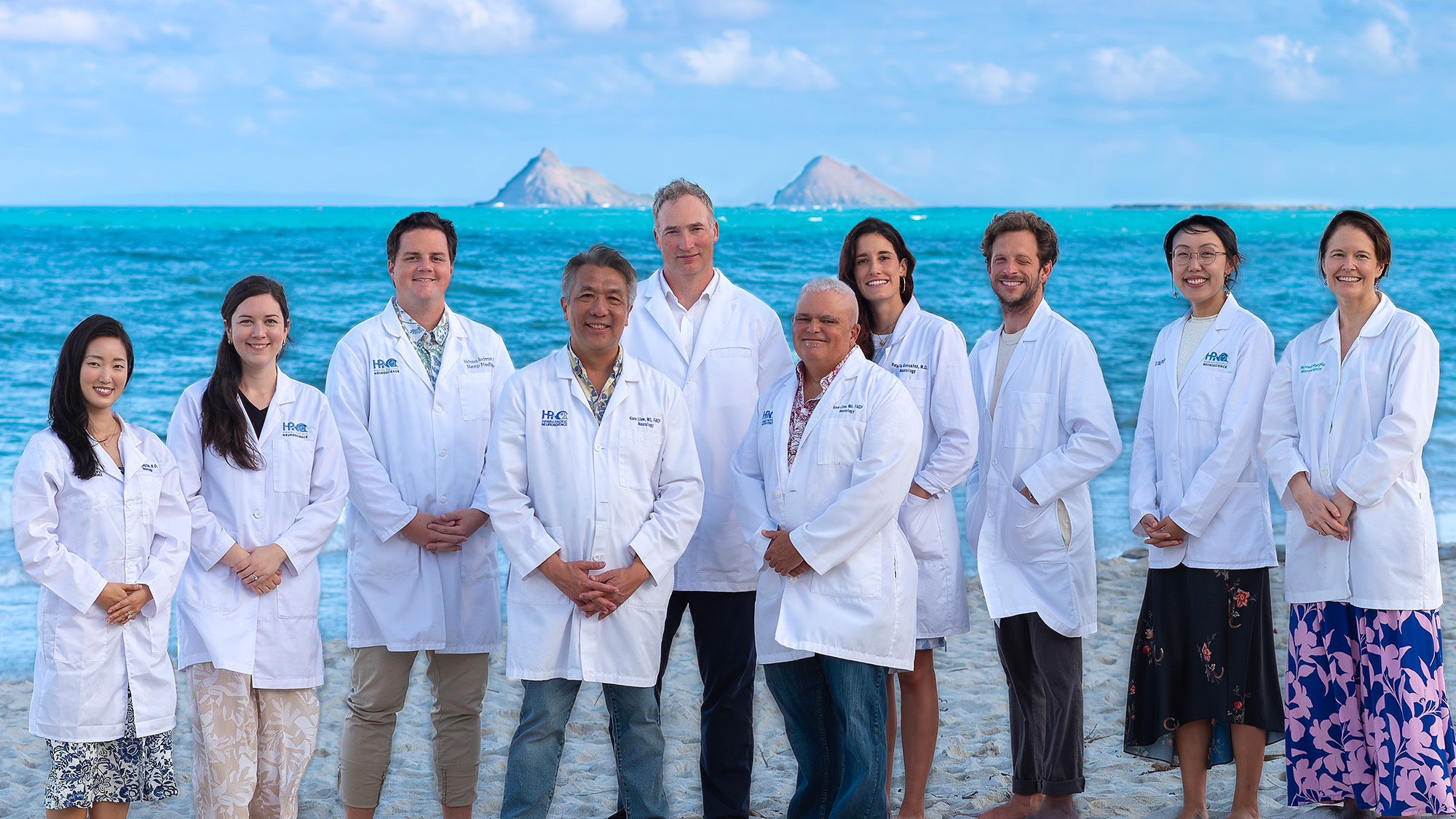- Call or text: +1 (808) 261-4476
- Mon-Fri (8:00am - 5:00pm) Lunch Break 12:30pm-1:30pm
- info@hawaiineuroscience.com
Edit Content
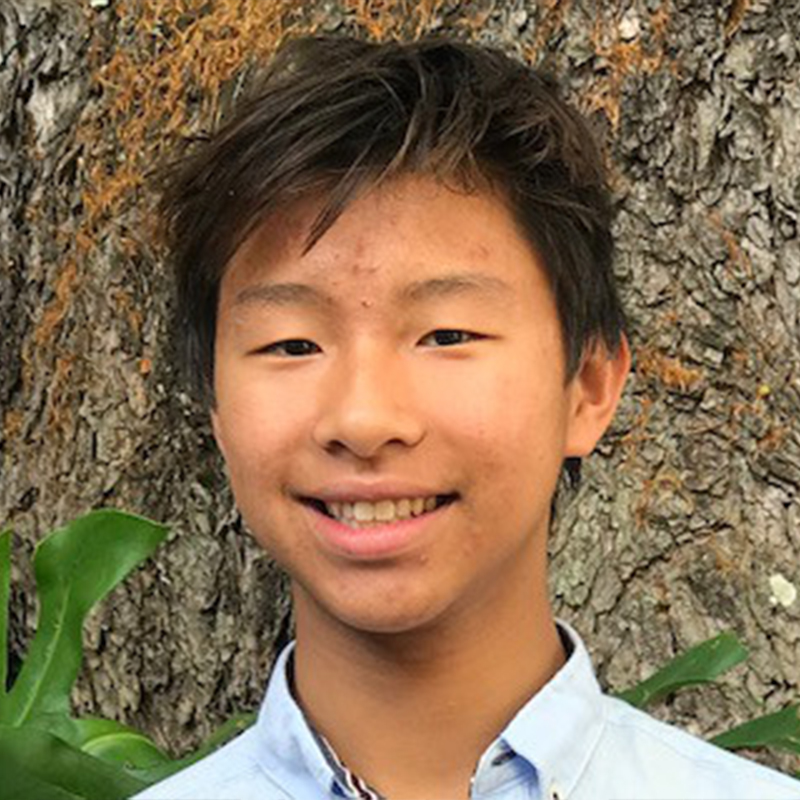
“The most important lesson that I was able to pick up through this program is the importance of closeness and collaboration with your team. In the clinic, I observed the close interactions of all the members of the Hawaii Pacific Neuroscience team, and the respect and kindness that is exchanged between all of these members.”
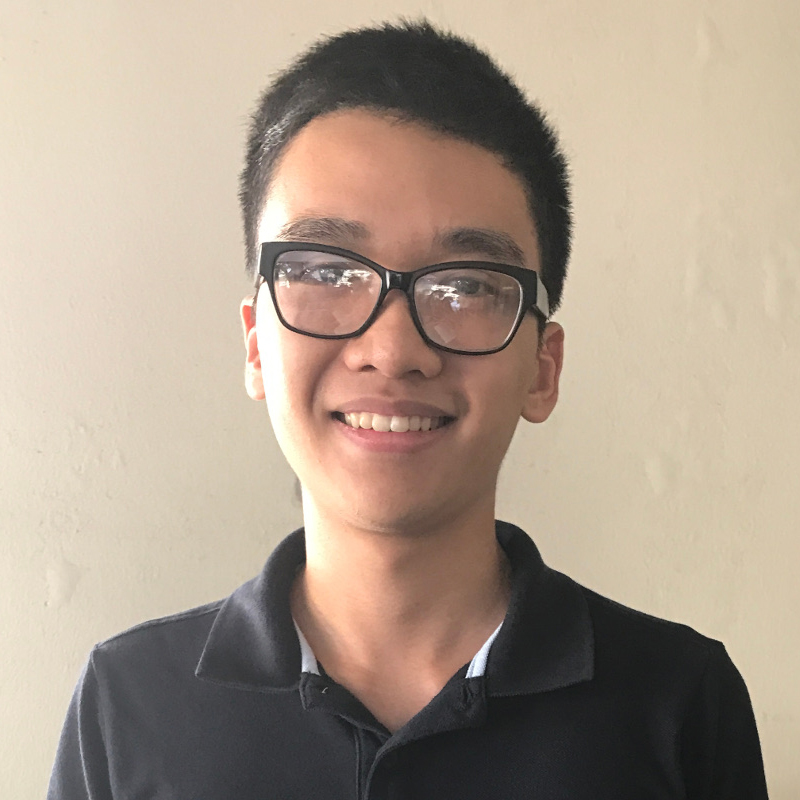
"My biggest takeaway from this year’s summer internship is learning how to be a better leader. ... My group got the work done, we even finished slightly ahead of schedule. They had fun working with me and I had fun working with them. Learning how to be a good and effective leader is a skill that I will always carry with me."
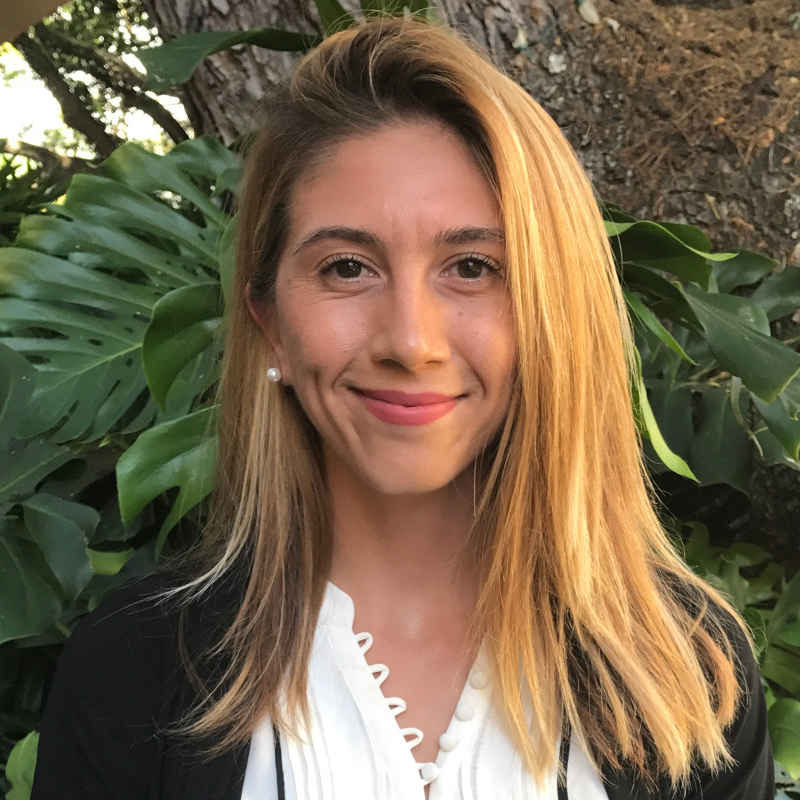
"Submersing myself in this environment has equipped me with a broader knowledge about neuroscience, and has allowed me to interact with professionals of the expertise like, Dr. Carrazana... This internship has intimidated me, but in a good way... I feel as if things that are easy are not necessarily truly valued... "
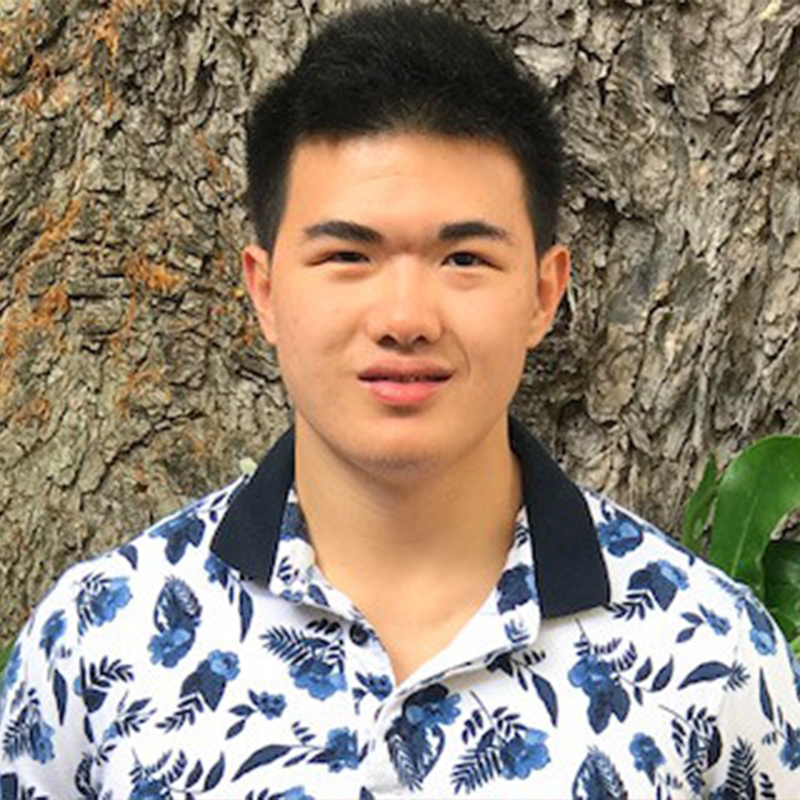
“As a leader, I’ve realized that the majority of students is eager to “cure cancer”, but very few want to start small. Perhaps, look into journals and find paucity in the literature, understand what one can do to add information to our current knowledge, and eventually, work their way up. This process takes all time, effort, and luck, not something that can be accomplished over a short period of time. HPN provides the perfect dojo for a student like me to practice and sharpen our skills.”
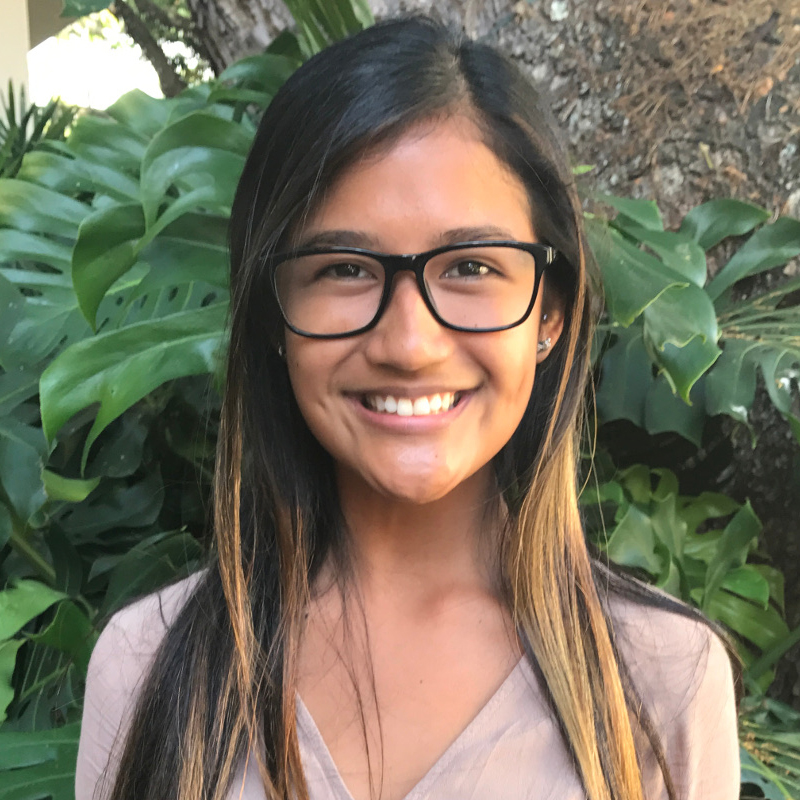
"I was able to see my team improve their clinical research skills and expand their knowledge in neuroscience, and I was able to humbly grow alongside them. As time passed, I also noticed my confidence levels increase. I knew I understood the project, I knew I had the skillset necessary to conduct clinical research, and I came to believe that I could serve as a team leader. And because my team and I were able to grow together as well as struggle together, my team of highly qualified individuals eventually became individuals that I could call family... However, I believe the most beautiful aspect about being a clinical researcher is that everything we do is for our patients and to make a positive impact in the world around us..."
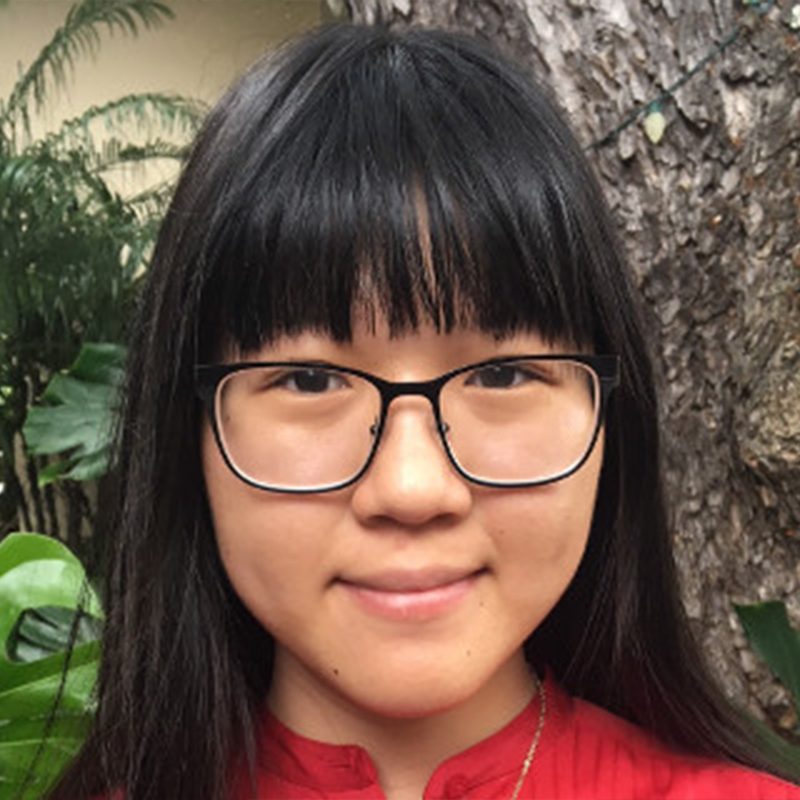
“Now, more than ever, I wish to do research in cognitive neuroscience, and I intend to do everything I can to get there. Though my time at Hawaii Pacific Neuroscience has come to an end, for now, I know even greater things await me ahead at Johns Hopkins University, where I have committed to studying neuroscience and cognitive science. In ten years’ time, I will have obtained my Ph.D. and be conducting and leading research that will make an impact in this world.”
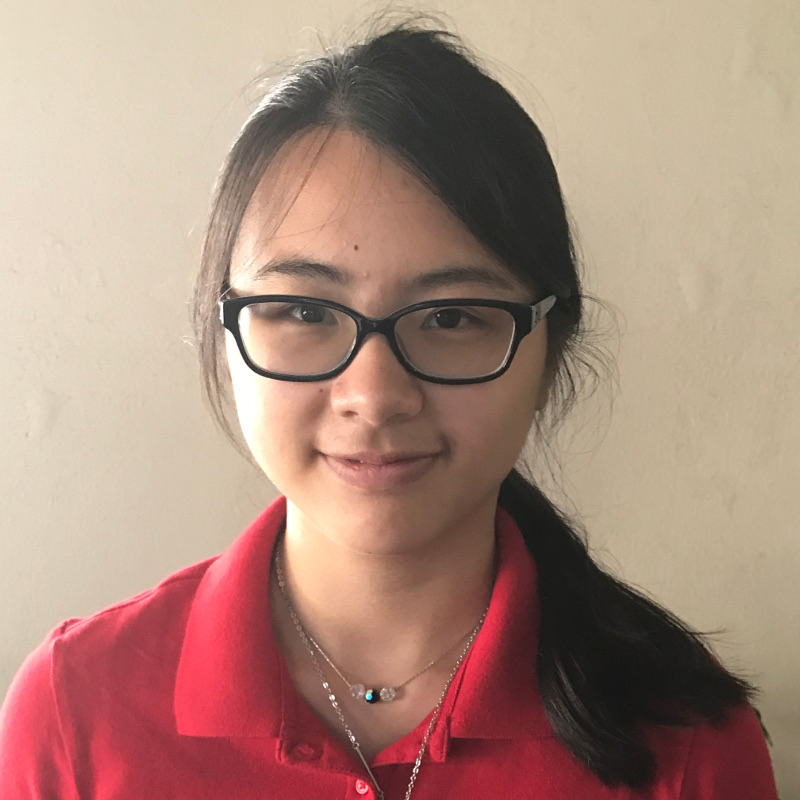
"This summer’s internship was extraordinarily fascinating. Amongst all the things that I had learnt at my time there, I have to say that my biggest takeaway is that under every well-maintained clinic there is a veritable army of people working to keep it going. It seemed surreal that a relatively small location could contain so much energy and experience... Furthermore, at HPN, I found myself working more with others under a common goal... Seeing how the clinic worked as a whole to help those with neurological problems whilst supporting research into said problems was a real eye-opening experience."

The Summer Research Program at Hawaii Pacific Neuroscience is one of the most sought-after neuroscience internships in the country. It provides students the opportunity to spend an intensive 2 months working side-by-side with leading neuroscientists and researchers on groundbreaking studies in Alzheimer’s disease, epilepsy, Parkinson’s disease, multiple sclerosis, and other neurological diseases. This internship is a time-intensive commitment with mandatory lectures built into the program. The calendar does not include your time in the clinic and your time with your research group. Interns will need to be on-campus, in person for their data collection sessions (3 hours weekly time blocks) in addition to other in-person events. The program emphasizes collaborative teamwork in a supervised setting headed by faculty research mentors
and experienced medical student leaders culminating in poster presentations competition for best research awards to be presented by Sam Shomaker, MD, Dean of John Burns School of Medicine, University of Hawaii. Most students followed up with submission to national meetings and PubMed papers.
Check out 2024 Summer Program Students, Projects & Poster Competition
June 14th, 2025 – August 16th, 2025
(Do not apply if you are unable to attend events in person)
There is a non-refundable application fee of $49
Click online to pay non-refundable application fees
There is a nonrefundable application fee of $49
Click online to pay nonrefundable application fees
Apply online (Deadline March 28th, 2025)
Email questions to Britl@HawaiiNeuroscience.com by March 28th.
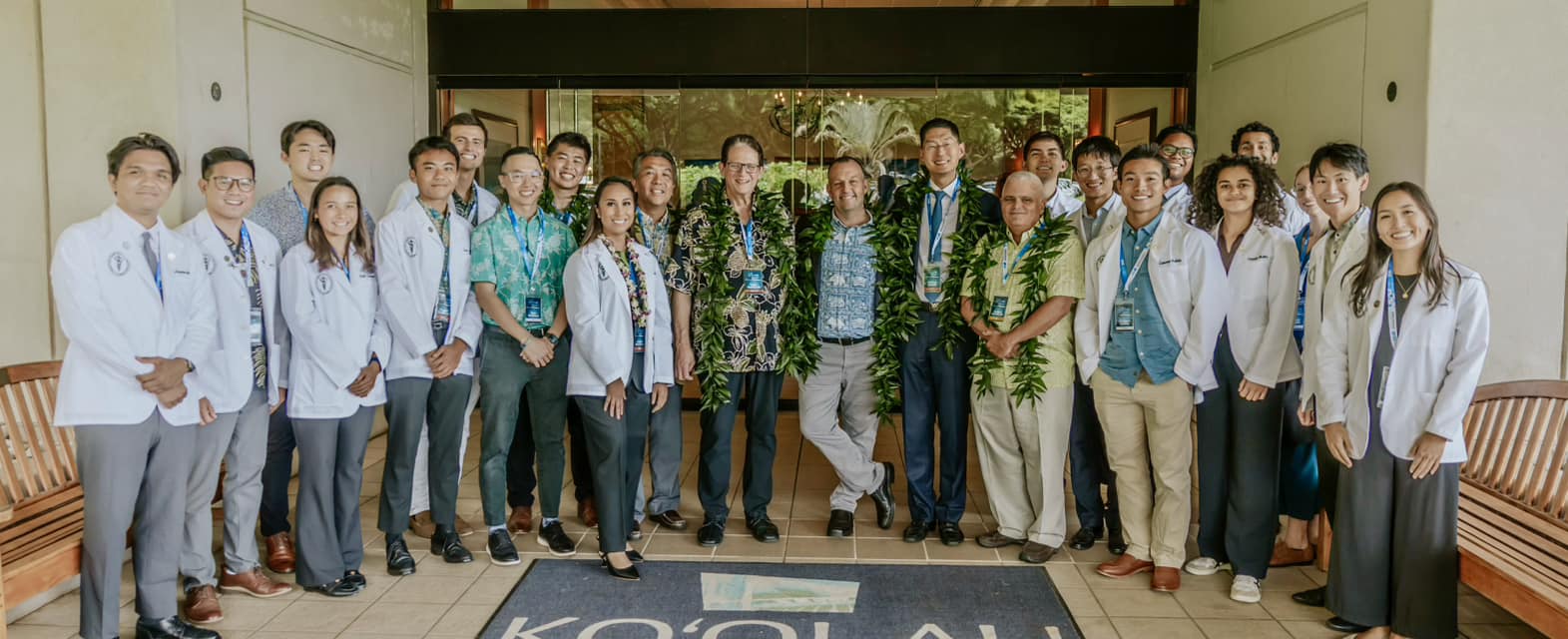
Application instructions:
Apply online (Deadline March 28th, 2025)
You will need the following to apply online to upload documents. Please have them handy when ready to apply.
1) Headshot (Picture of face and shoulder) see website for 2024 Cohorts examples
2) Curriculum Vitae/Resume
3) Cover Letter–
iii. What are your realistic expectations for this program?
4) GCP and HIPAA certificates
→ Must specify your university for free access.
→ Ex) University of Hawaii, you only need to complete GCP ICH.
→ You will be asked to provide your full name, email address, and company. Please put “Hawaii
Pacific Neuroscience” for the company. Please take the “HIPAA Compliance Online Exam” after reviewing the webinar (link found in the Summary section).
5) “Exceptional Student Consideration”
6) Confirmation of application fee (screen shot of payment email will do), pay online
Application will not be considered without application fee confirmation.
Applicants will be notified of their selection via email.
Questions ? Britl@HawaiiNeuroscience.com

Our HPN-SIP 2019 cohort presented their midterm findings to an audience of community physicians at Adventist Castle Medical Center. The physicians had the opportunity to ask clarifying questions and provide valuable insight for the research presented. Great work students!
